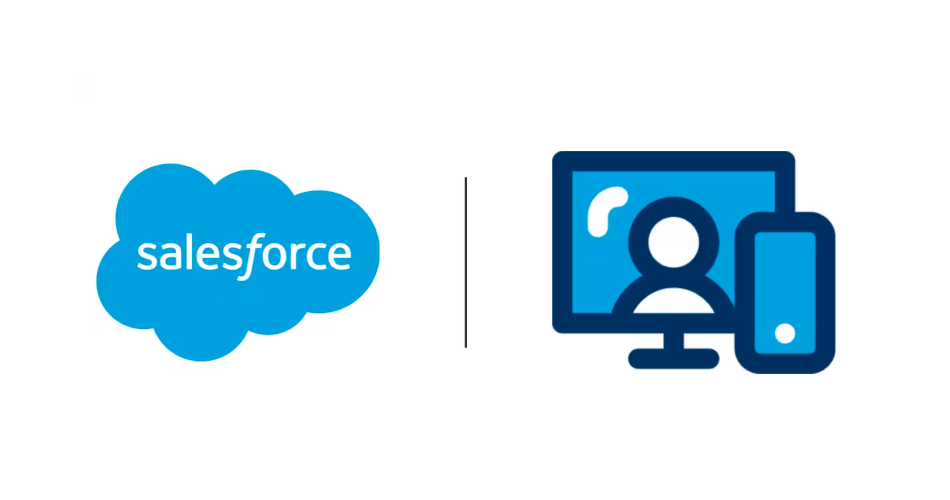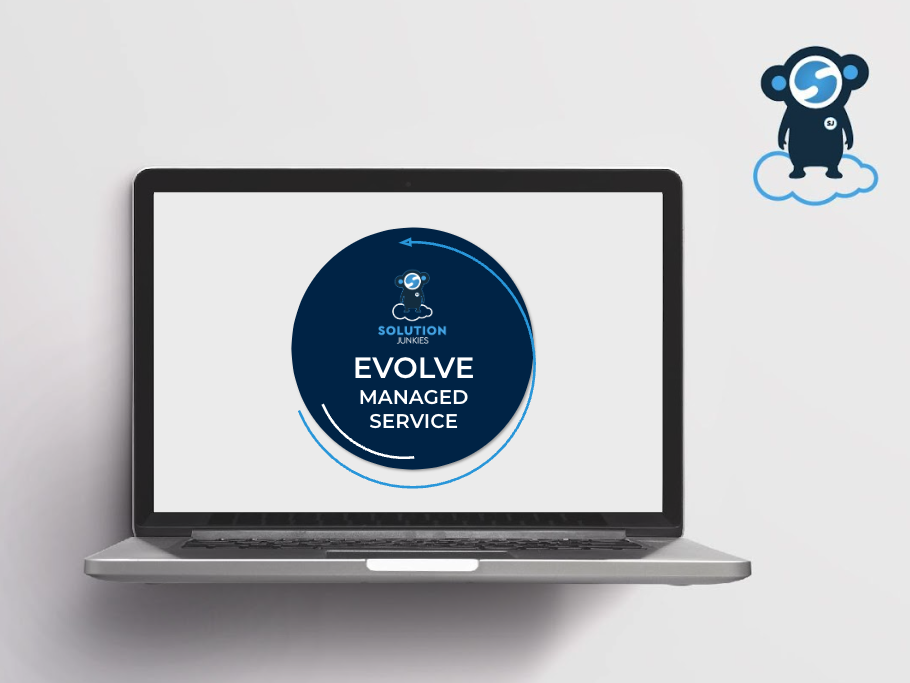In the world of Salesforce implementation, one key process stands out for ensuring a seamless user experience: User Acceptance Testing (UAT).
This critical step allows end users and stakeholders to validate system functionality, guarantee data accuracy, identify issues, assess user experience, enhance adoption rates, and mitigate potential risks.
While developers play an essential role in testing their own code, involving dedicated testers or testing teams brings a fresh perspective, specialised skills, independence, and collaboration that contribute to the overall success of the software.
Here are some of the top benefits for UAT in Salesforce:
Validating system functionality
UAT in Salesforce empowers end users and stakeholders to verify that the Salesforce implementation aligns with their unique business requirements and processes.
It acts as a quality assurance checkpoint, ensuring that the system functions as intended and meets the specific needs of the organisation.
Ensuring data accuracy
By executing meticulous test scenarios and inputting real or representative data, UAT provides a valuable opportunity to scrutinise data integrity and accuracy within the Salesforce system.
This testing process enables users to validate that data is captured, stored, and processed correctly, safeguarding the reliability of critical information.
Identifying issues and bugs
UAT acts as a detective tool, skilfully uncovering any lurking issues, bugs, or unexpected behaviours within the Salesforce system.
The involvement of end users and stakeholders in this testing process ensures that potential discrepancies or functional gaps, which might have been missed during development and quality assurance phases, are promptly addressed.
Assessing user experience
A user-friendly system is crucial for enhancing productivity and user satisfaction.
UAT enables users to evaluate the overall user experience of the Salesforce system, focusing on factors such as usability, intuitiveness, and efficiency.
By collecting feedback, this testing phase highlights areas where improvements or enhancements may be needed, resulting in a smoother and more enjoyable user journey.
Enhancing adoption and user satisfaction
The success of any software implementation hinges on user adoption rates and overall user satisfaction.
By involving end users in UAT, organisations foster a sense of ownership and involvement in the Salesforce implementation process.
When users feel their opinions and needs are heard and addressed, they are more likely to embrace the system wholeheartedly, leading to increased user adoption and satisfaction.
Mitigating risks
Deploying a Salesforce system without thorough testing poses significant risks to an organisation. UAT plays a pivotal role in risk mitigation by identifying and addressing issues before the system goes live.
This proactive approach minimises the chances of disruption to business operations, data inconsistencies, or user dissatisfaction, ensuring a smooth transition and maximising the system’s potential.
Why developers can’t test their own work
Developers are the backbone of software development, but when it comes to testing, relying solely on their expertise may not be sufficient.
Independent testing teams or dedicated testers bring objectivity, specialised skills, user perspective, independence, collaboration, and resource optimisation that complement developers’ efforts and result in higher-quality software.
Here are some leading reasons UAT in Salesforce may be a safer bet than allowing developers to test their own work:
Objectivity
Developers may unintentionally have a biased perspective when testing their own code.
Their familiarity with the intended functionality and design can lead to assumptions about how the system should behave. Involving dedicated testers brings objectivity to the forefront, offering fresh perspectives and more impartial evaluations of the software’s behaviour.
Different skill set
Testing requires a specific skill set that goes beyond coding expertise.
Dedicated testers possess specialised knowledge and expertise in testing techniques, methodologies, and tools. Their focused approach results in comprehensive test coverage and efficient identification of defects, providing a robust foundation for system reliability.
User perspective
End users are at the heart of any software application.
Testers represent the end users and stakeholders, bringing a user-centric perspective to testing. Their evaluation takes into account usability, intuitiveness, and overall user experience, ensuring that the software is evaluated from the standpoint of those who will ultimately interact with it.
Independence
Testers provide an independent and unbiased assessment of the software. They are not directly involved in the development process, enabling them to identify potential issues that developers may overlook due to their familiarity with the code.
Independent testing uncovers defects, inconsistencies, and gaps in functionality,
In short, UAT is an essential part of any software development project. It helps to ensure that the software meets the needs and expectations of end users, and it helps to identify any potential issues or bugs that may need to be addressed before the software is released to production.
If you’re a developer, don’t try to do UAT in Salesforce on your own. Partner with a dedicated testing team or hire a consultant to help you ensure that your software is thoroughly tested before it’s released to end users.



